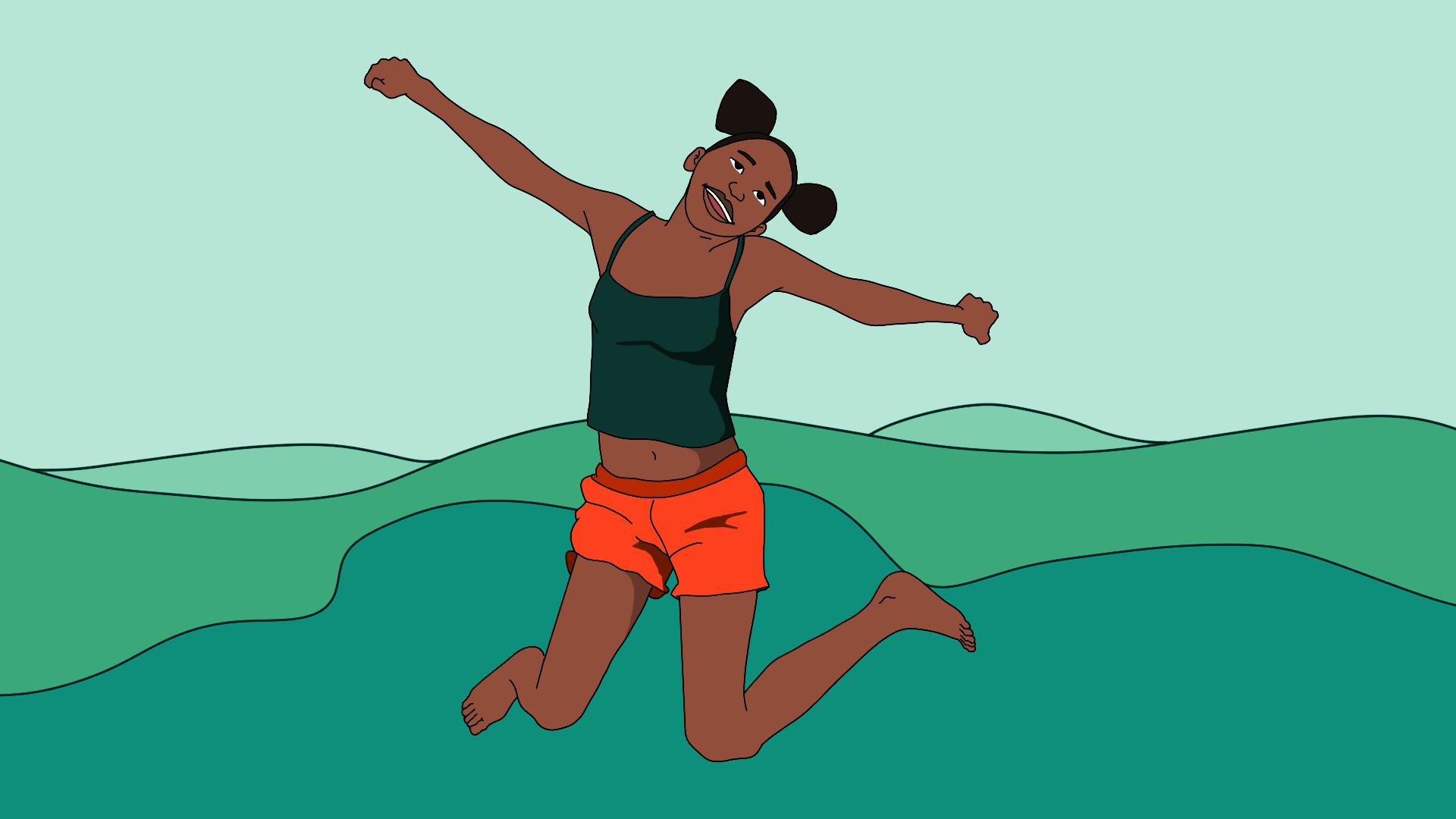🎧 Listen to: Puberty (Physical Changes)

Puberty (Physical Changes)
What is puberty?
Puberty is the stage of life when a child’s body begins to develop into an adult body capable of reproduction. It brings about noticeable physical changes and emotional adjustments. In Africa, this period is often met with curiosity, anxiety, and myths. Some girls start puberty as early as 9 years old, while some boys begin around 11. However, the timing varies for each child.
For parents and guardians, it is important to openly discuss puberty to help children understand the changes they will experience. Many young people in Africa lack access to proper puberty education, leading to confusion and misinformation.
How common is puberty and when does it happen?
Puberty is a natural stage of growth for every child. In Africa, some children experience it earlier than their peers due to genetics, nutrition, and environmental factors. According to global health reports, puberty typically begins between:
- 9-11 years for girls
- 10-12 years for boys
However, some children, especially those in urban areas with better nutrition, may enter puberty earlier, while those in rural areas may experience it slightly later.
What are the stages of puberty?
A scientist named Professor James M. Tanner identified five key stages of puberty, known as the Tanner Stages. These stages describe the changes both boys and girls go through.
Stage 1: The invisible start (ages 8-10)
At this stage, puberty is just beginning inside the body, but there are no visible changes. The brain starts sending signals to the glands to produce hormones that will trigger puberty.
Stage 2: The first visible signs (ages 9-12)
Hormones become active, and the first visible changes start appearing.
- For girls:
- Small breast buds appear (sometimes one starts before the other, which is normal).
- Pubic hair begins to grow around the private area.
- The uterus (womb) starts developing.
- For boys:
- Testicles and the skin around them (scrotum) begin to enlarge.
- A few strands of pubic hair appear.
Stage 3: More noticeable changes (ages 12-14)
Physical growth becomes more obvious, and emotions may start to feel unpredictable.
- For girls:
- Breasts continue growing.
- Pubic hair thickens.
- Hair starts growing under the armpits.
- Some girls may experience acne (pimples) on their face and back.
- Hips and thighs become rounder.
- Growth spurt – a girl may grow as much as 8 cm per year.
- For boys:
- Penis and testicles grow larger.
- Some boys experience slight breast growth (this disappears over time).
- Wet dreams (release of sperm during sleep) may begin.
- The voice starts cracking as it deepens.
- Muscles develop, and height increases by about 7 cm per year.
Stage 4: Almost an adult (ages 13-16)
This is when major changes occur, making both boys and girls look more like young adults.
- For girls:
- Breasts become fuller.
- Menstruation (monthly period) starts for most girls.
- Growth slows down.
- For boys:
- Testicles and penis continue to grow.
- Underarm hair appears.
- Voice becomes permanently deeper.
- Acne may worsen.
Stage 5: Full maturity (ages 15-18)
By this stage, most changes have taken place, and the body is almost fully matured.
- For girls:
- Breasts reach their adult size.
- Periods become regular.
- Height stops increasing.
- Pubic hair spreads to the inner thighs.
- For boys:
- Genitals reach adult size.
- Facial hair starts growing, and shaving may be needed.
- Body muscles develop further.
- Most boys stop growing in height by age 18.
Other common signs of puberty?
- Body odor: Sweat glands become more active, making body odor stronger. Regular bathing and use of deodorant help.
- Acne (pimples): Oily skin may lead to acne. Washing the face daily with mild soap can reduce breakouts.
- Mood swings: Due to hormonal changes, teenagers may feel happy one moment and sad the next. This is normal and temporary.
Common myths about puberty in Africa?
- Eating oily foods causes acne.
- Fact: Acne is mostly caused by hormones, not the food you eat.
- A girl’s first period means she is fully matured.
- Fact: Menstruation starts midway through puberty. A girl’s body is still developing even after her first period.
- Puberty makes teenagers disobedient.
- Fact: The brain undergoes changes, affecting emotions and decisionmaking. This is a natural process, not just disobedience.
Why is it important to educate children about puberty?
In many African communities, puberty is rarely discussed, leaving children confused about their changing bodies. Educating children about puberty:
- Boosts confidence: Knowing what to expect reduces fear and confusion.
- Encourages hygiene: Proper care prevents body odor and acne.
- Prepares for adulthood: Understanding puberty helps children transition smoothly into adulthood.
Final message to parents and guardians? Puberty is a normal part of growing up. Open discussions about body changes, hygiene, and emotions can help young people feel comfortable and prepared for this phase of life.
